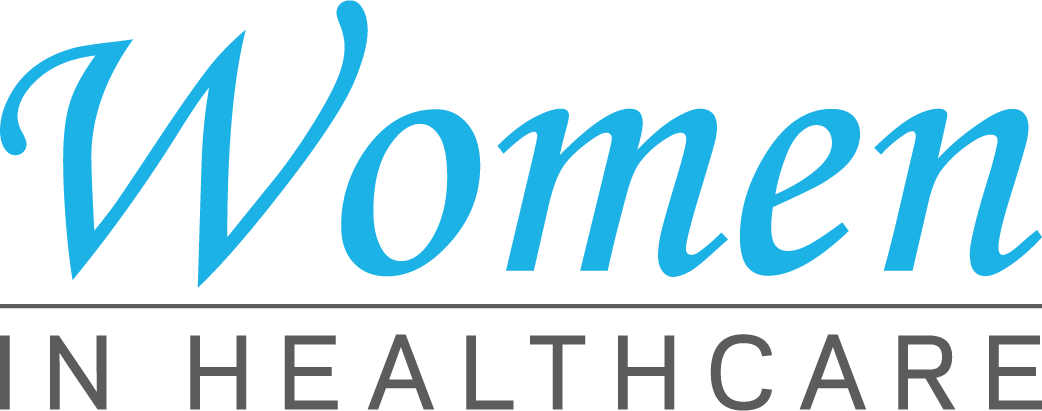Healthcare RCM: Optimize Revenue Cycle Management for Better Outcomes
Healthcare RCM: Optimize Revenue Cycle Management for Better Outcomes
Blog Article
Unveiling the Benefits of Healthcare RCM in Improving Effectiveness and Precision in Income Cycle Monitoring
In the swiftly evolving healthcare landscape, the relevance of Profits Cycle Monitoring (RCM) can not be overemphasized. As medical care service providers make every effort for accuracy and effectiveness, RCM emerges as an essential device in streamlining operations, reducing errors, and improving economic results.
Simplifying Administrative Jobs

Additionally, the assimilation of digital health records (EHR) with RCM systems facilitates real-time data gain access to and sharing, allowing medical care specialists to make enlightened decisions quickly. This interconnectedness not only enhances interaction in between administrative and professional groups but also enhances client fulfillment by decreasing waiting times and payment disparities - Healthcare RCM. In addition, structured administrative processes allow for better conformity with regulative criteria, mitigating threats connected with audits and penalties
Inevitably, the concentrate on refining administrative tasks in RCM brings about cost savings and enhanced financial efficiency. By spending in automation and optimizing process, medical care companies can attain a more sustainable income cycle, making sure lasting practicality and the ability to adapt to advancing industry needs.
Enhancing Claims Processing
Exactly how can medical care organizations improve the effectiveness of their claims handling? The combination of advanced Earnings Cycle Monitoring (RCM) systems uses a robust solution. By utilizing automation and innovative analytics, RCM systems streamline the facility and typically troublesome cases refining tasks. Automation lowers hand-operated data entry mistakes, ensures compliance with the latest billing codes, and speeds up the general claims lifecycle from submission to compensation.
Moreover, real-time analytics play a crucial function in enhancing insurance claims processing effectiveness. These analytics tools give insights right into bottlenecks and possible denials, enabling doctor to deal with concerns proactively. Anticipating analytics can forecast patterns in case denials, making it possible for preemptive measures to alleviate them, therefore reducing the moment considered insurance claims to be refined and approved.
Furthermore, the fostering of electronic health records (EHR) integrated with RCM systems makes sure seamless information flow, decreasing redundancies and increasing the precision of info sent in claims. A regular comments loophole promoted by RCM systems further fine-tunes the procedure, promoting continuous improvement.
Ultimately, by leveraging technology-driven remedies in cases processing, healthcare organizations can boost operational performance, boost cash flow, and provide a smoother experience for patients and team alike.
Reducing Economic Mistakes
Precise monetary administration is critical in medical care, where minimizing economic mistakes can substantially affect functional success. Financial errors, whether because of wrong invoicing, coding mistakes, or mismanagement of client accounts, can lead to considerable income loss and strained connections with payers and clients. Attending to these mistakes is necessary to keep a medical care organization's monetary health and enhance its online reputation.
Health Care Revenue Cycle Monitoring (RCM) plays a pivotal duty in reducing such mistakes with structured procedures. By executing standardized procedures for billing, coding, and collections, doctor can ensure that monetary purchases are managed with accuracy. Comprehensive training for team on current coding guidelines and billing techniques additionally minimizes the chance of errors, making sure cases are properly refined and reimbursed.

In addition, detailed audits and normal financial evaluations within the RCM structure enable for the early detection and correction of inconsistencies. Ensuring precision in individual data entrance and verification additionally mitigates mistakes, as this is commonly a main resource of mistakes. By concentrating on these calculated areas, health care organizations can from this source lower economic errors, therefore protecting their income streams and enhancing general operational performance.
Leveraging Advanced Technologies
In today's quickly advancing healthcare landscape, leveraging advanced innovations is essential for optimizing Earnings Cycle Management (RCM) procedures. By incorporating advanced options such as expert system (AI), artificial intelligence (ML), and robot process automation (RPA), doctor can considerably boost the performance and accuracy of their RCM procedures. These technologies assist in simplifying repeated jobs, reducing hand-operated mistakes, and enabling faster handling of claims.

Moreover, the combination of blockchain innovation boosts data safety and openness within RCM (Healthcare RCM). It ensures that sensitive info is secured while preserving an unalterable document of transactions. This is important for constructing trust fund with stakeholders and clients
Boosting Financial Performance
Structure on the efficiencies gotten through sophisticated modern technologies, medical care companies can significantly boost their monetary efficiency by refining their Income Cycle Administration (RCM) methods. By optimizing billing procedures, lessening case rejections, and boosting money flow, healthcare organizations can achieve much better economic security.
Additionally, information analytics within RCM systems use useful insights into functional bottlenecks and financial patterns. By leveraging these insights, doctor can make informed decisions to boost monetary outcomes, such as readjusting invoicing techniques or renegotiating payer contracts. Boosted accuracy in coding and paperwork even more reduces claim beings rejected and audits, fostering a smooth profits cycle.
In addition, individual interaction devices integrated other within RCM systems improve patient complete satisfaction by supplying transparent billing details and flexible repayment alternatives. This openness not just improves patient-provider partnerships yet also urges prompt settlements, reducing exceptional accounts receivables.
Verdict
Health Care Earnings Cycle Monitoring substantially maximizes performance and accuracy by streamlining management jobs and improving cases handling. With the reduction of monetary errors and the combination of sophisticated technologies such as AI and anticipating analytics, RCM promotes compliance with payment codes and offers beneficial insights into financial patterns. This methodical technique not only minimizes possible insurance claim denials but also enhances monetary efficiency, thus cultivating count on and transparency with patients and stakeholders within the health care system.
As healthcare suppliers strive for precision and performance, RCM emerges as a critical device in simplifying operations, reducing mistakes, and improving economic outcomes.Improving administrative tasks in medical care income cycle management (RCM) uses substantial click site benefits by boosting functional performance and lowering the burden on personnel.Health Care Profits Cycle Management (RCM) plays a critical function in reducing such mistakes with structured procedures.In today's quickly progressing health care landscape, leveraging sophisticated innovations is necessary for enhancing Income Cycle Administration (RCM) procedures.Building on the efficiencies obtained with sophisticated innovations, health care suppliers can significantly increase their economic performance by refining their Profits Cycle Monitoring (RCM) methods.
Report this page